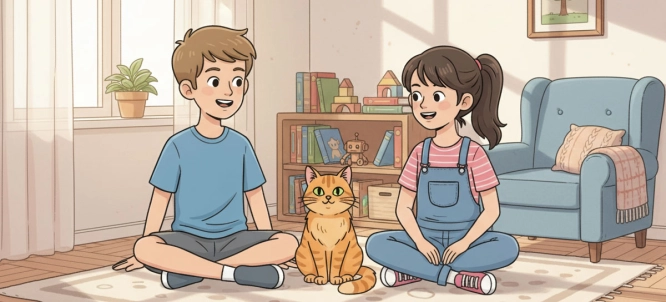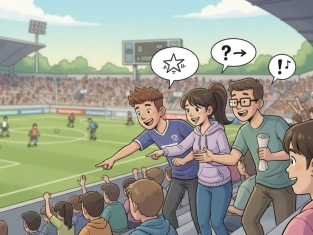Pronouns in English - List
Table of Contents
Exercises
Types of Pronouns in English
Personal Pronouns
These pronouns replace people or things directly.
-
I, you, he, she, it, we, they (subjects)
-
me, him, her, us, them (objects)
Examples:
-
I enjoy reading.
-
He is my cousin.
-
We met them at the museum.
Possessive Pronouns
Show ownership or belonging.
-
my, your, his, her, its, our, their (before nouns)
-
mine, yours, his, hers, ours, theirs (stand alone)
Examples:
-
This is my jacket.
-
That blue car is theirs.
Demonstrative Pronouns
Point to specific things.
-
this, that, these, those
Examples:
-
This is my desk.
-
Those are old photographs.
Interrogative Pronouns
Used to ask questions.
-
who, whom, whose, what, which
Examples:
-
Who is your teacher?
-
Which book do you prefer?
Relative Pronouns
Connect clauses (extra information in a sentence).
-
who, whom, whose, which, that
Examples:
-
The woman who called you is outside.
-
This is the key that opens the door.
Indefinite Pronouns
Refer to people or things in a general way (not specific).
-
someone, anyone, everyone, nobody, each, all, some, none, anything
Examples:
-
Someone left a message for you.
-
I don’t have any milk.
Reciprocal Pronouns
Show a mutual action or relationship.
-
each other, one another
Example:
-
The two friends wrote letters to each other.
Intensive Pronouns
Used for emphasis (same forms as reflexive pronouns).
-
myself, yourself, himself, herself, itself, ourselves, themselves
Example:
-
The director signed the letter himself.
Reflexive Pronouns
Refer back to the subject of the sentence.
-
myself, yourself, himself, herself, itself, ourselves, themselves
Examples:
-
She prepared the presentation herself.
-
Be careful, you might hurt yourself.

Common Pronoun Mistakes
-
Incorrect: Me like chocolate.
Correct: I like chocolate. -
Incorrect: Her is very nice.
Correct: She is very nice. -
Incorrect: The dog wagged it’s tail.
Correct: The dog wagged its tail.
Quick Pronoun Chart
|
Type |
Examples |
Sentence Example |
|
Personal |
I, you, he, she, we, they |
They are in the garden. |
|
Possessive |
my, mine, yours, theirs |
That notebook is mine. |
|
Demonstrative |
this, that, these, those |
These are my new shoes. |
|
Interrogative |
who, what, which, whose |
Whose bag is on the table? |
|
Relative |
who, which, that, whose |
This is the student who won the prize. |
|
Indefinite |
some, any, nobody, all |
Nobody was in the library. |
|
Reciprocal |
each other, one another |
The players congratulated each other. |
|
Reflexive |
myself, herself, ourselves |
He introduced himself politely. |
|
Intensive |
myself, himself, themselves |
She solved the problem herself. |

